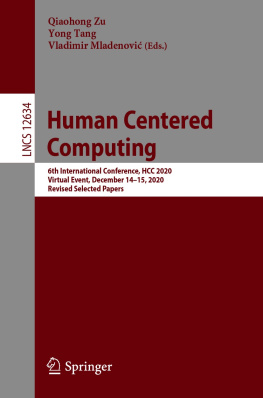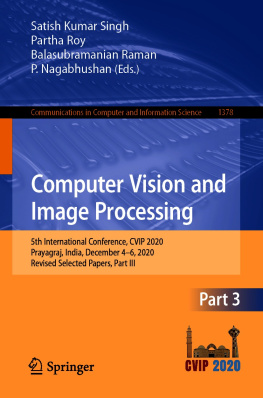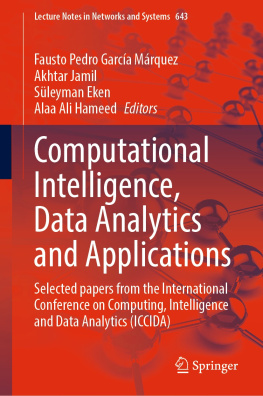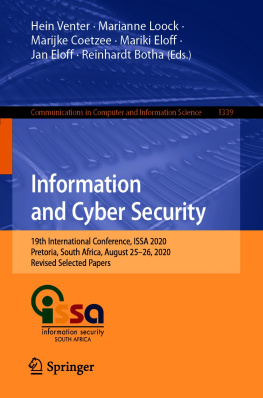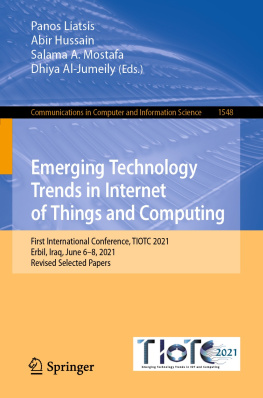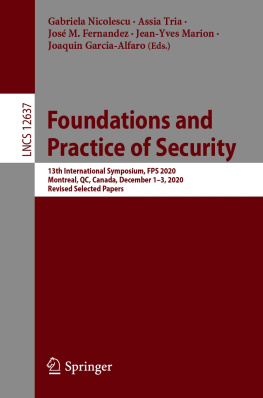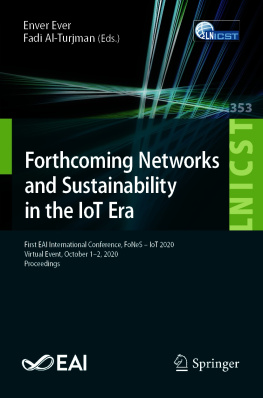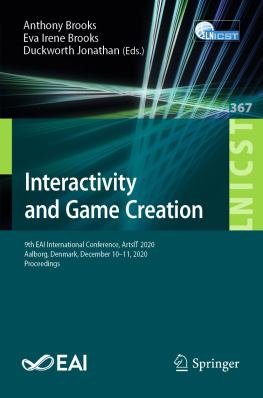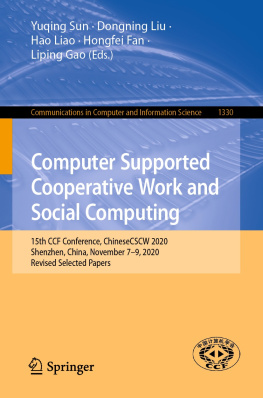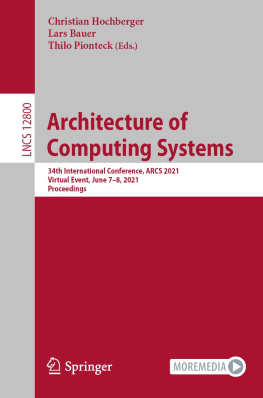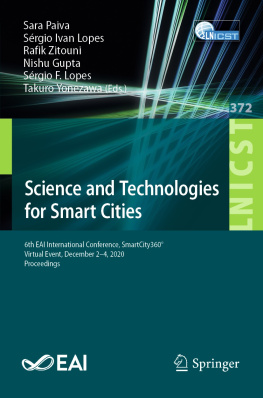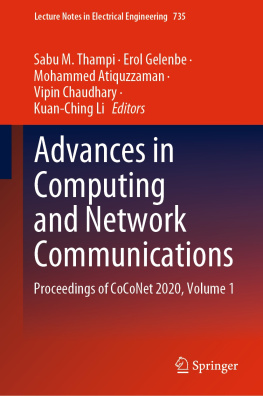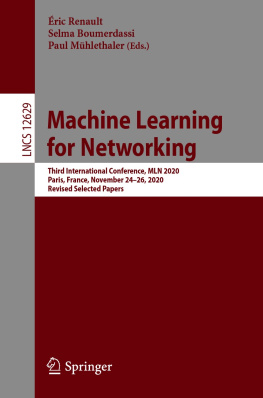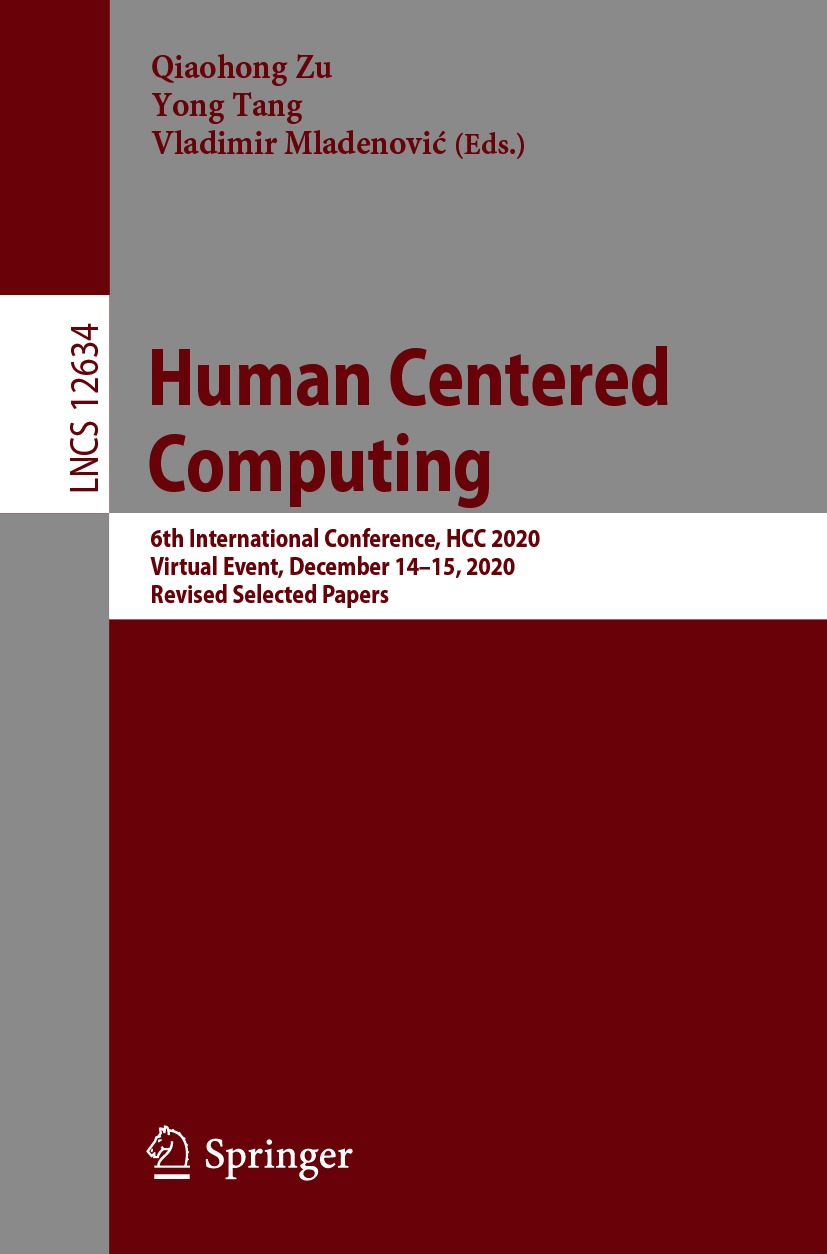Volume 12634
Lecture Notes in Computer Science Information Systems and Applications, incl. Internet/Web, and HCI
Editorial Board
Elisa Bertino
Purdue University, West Lafayette, IN, USA
Wen Gao
Peking University, Beijing, China
Bernhard Steffen
TU Dortmund University, Dortmund, Germany
Gerhard Woeginger
RWTH Aachen, Aachen, Germany
Moti Yung
Columbia University, New York, NY, USA
Founding Editors
Gerhard Goos
Karlsruhe Institute of Technology, Karlsruhe, Germany
Juris Hartmanis
Cornell University, Ithaca, NY, USA
More information about this subseries at http://www.springer.com/series/7409 The series Lecture Notes in Computer Science (LNCS), including its subseries Lecture Notes in Artificial Intelligence (LNAI) and Lecture Notes in Bioinformatics (LNBI), has established itself as a medium for the publication of new developments in computer science and information technology research and teaching.
The cornerstone of LNCS's editorial policy is its unwavering commitment to report the latest results from all areas of computer science and information technology research, development, and education. LNCS has always enjoyed close cooperation with the computer science R & D community, with numerous renowned academics, and with prestigious institutes and learned societies. Our mission is to serve this community by providing a most valuable publication service.
LNCS commenced publication in 1973 and quite rapidly attracted attention, not least because of its thus far unprecedented publication turnaround times. The 1980s and 1990s witnessed a substantial growth in the series, particularly in terms of volumes published. In the late 1990s we developed a systematic approach to providing LNCS in a full-text electronic version, in parallel to the printed books. Another new feature introduced in the late 1990s was the conceptualization of a couple of color-cover sublines. Still, original research results reported in proceedings and postproceedings remain the core of LNCS.
Editors
Qiaohong Zu , Yong Tang and Vladimir Mladenovi
Human Centered Computing
6th International Conference, HCC 2020, Virtual Event, December 1415, 2020, Revised Selected Papers
1st ed. 2021

Logo of the publisher
Editors
Qiaohong Zu
Wuhan University of Technology, Wuhan, Hubei, China
Yong Tang
South China Normal University, Guangzhou, China
Vladimir Mladenovi
University of Kragujevac, Kragujevac, Serbia
ISSN 0302-9743 e-ISSN 1611-3349
Lecture Notes in Computer Science Information Systems and Applications, incl. Internet/Web, and HCI
ISBN 978-3-030-70625-8 e-ISBN 978-3-030-70626-5
https://doi.org/10.1007/978-3-030-70626-5
Springer Nature Switzerland AG 2021
This work is subject to copyright. All rights are reserved by the Publisher, whether the whole or part of the material is concerned, specifically the rights of translation, reprinting, reuse of illustrations, recitation, broadcasting, reproduction on microfilms or in any other physical way, and transmission or information storage and retrieval, electronic adaptation, computer software, or by similar or dissimilar methodology now known or hereafter developed.
The use of general descriptive names, registered names, trademarks, service marks, etc. in this publication does not imply, even in the absence of a specific statement, that such names are exempt from the relevant protective laws and regulations and therefore free for general use.
The publisher, the authors and the editors are safe to assume that the advice and information in this book are believed to be true and accurate at the date of publication. Neither the publisher nor the authors or the editors give a warranty, expressed or implied, with respect to the material contained herein or for any errors or omissions that may have been made. The publisher remains neutral with regard to jurisdictional claims in published maps and institutional affiliations.
This Springer imprint is published by the registered company Springer Nature Switzerland AG
The registered company address is: Gewerbestrasse 11, 6330 Cham, Switzerland
Preface
This volume presents the proceedings of the 14th Human-Centered Computing (HCC) conference, which was held online from 1415 December 2020. Throughout the extraordinary year of 2020, we witnessed many extraordinary and far-reaching events unfolding in front of us. In the midst of the unforeseen turmoil, human-centred computing became a term that attracted an unprecedented level of attentionwhile we were restricted physically, technologies played an important role in closing the gaps between people, drew closer societies separated by geographic boundaries and political disagreements and demonstrated the power of unity through virtual communities.
In 2020, as members of the HCC family, we experienced how human communities adapted to and thrived in the new norm; we proudly participated in the technology provisioning that enables hundreds of thousands of people to receive better health and civic services; we accelerated the adaption of technologies that bridge ever-growing digital divides which had become more prominent during the COVID-19 pandemic; and we advocated the shift of paradigms to promote resilience and technology reach. We are 11 months into the pandemic and quite likely we have only just seen the tip of the iceberg of many socio-technological changes that this unfortunate event will triggerit will also give raise to, hopefully, new HCC discussion topics and research directions.
At the end of 2020, we successfully reunited albeit virtually to look back on this extraordinary year and exchanged what we had achieved on various fronts of HCC research directions. HCC2020 brought together a wide range of state-of-the-art research from different disciplines. In total, HCC2020 received 113 full paper submissions. All submissions went through a very strict reviewing process (at least two peer reviews and one meta-review by senior programme committee members). In the end, the programme committee accepted 28 long papers and 20 short papers to be included in the HCC2020 post-conference proceedings. The quality of HCC2020 was ensured by the arduous efforts of the programme committee members and invited reviewers, to whom we owe our highest gratitude and appreciation.
Since its inception, the HCC conference faced the gravest challenges in 2020 and the community emerged with increased strength. Here, we owe our deepest gratitude to the conference authors who happily adapted to the new conferencing paradigm. We are also grateful to all members of the Technical Programme Committee and conference Organisation Committee, without whom we would not have enjoyed another year of fruitful discussion. The most significant task fell upon their experienced shoulders. This year, we had to invite extra reviewers, who did a great job under enormous pressureswe thank them for their contributions and persistence. Last but not least, our special thanks go to Springers editorial staff for their hard work in publishing these post-conference proceedings in the LNCS series.

